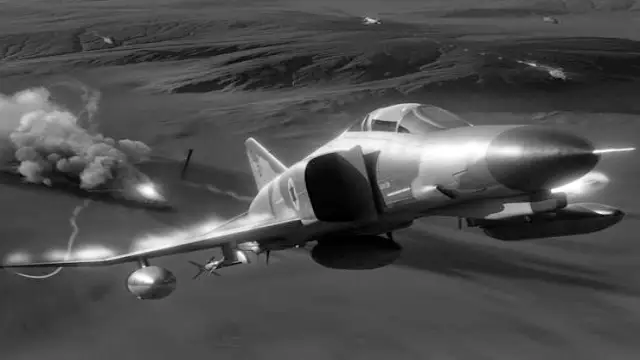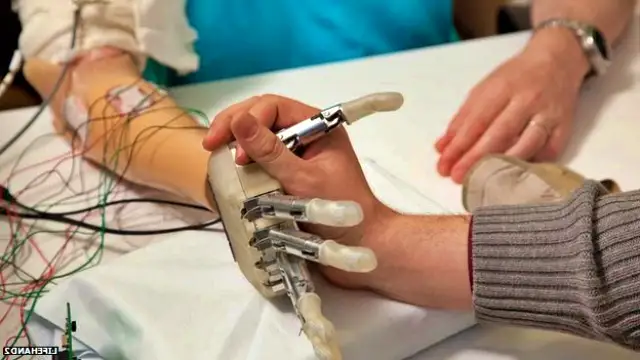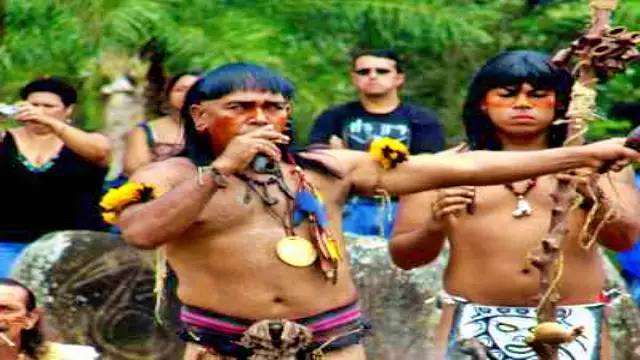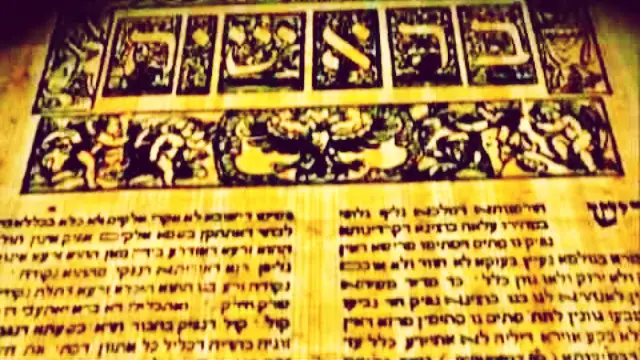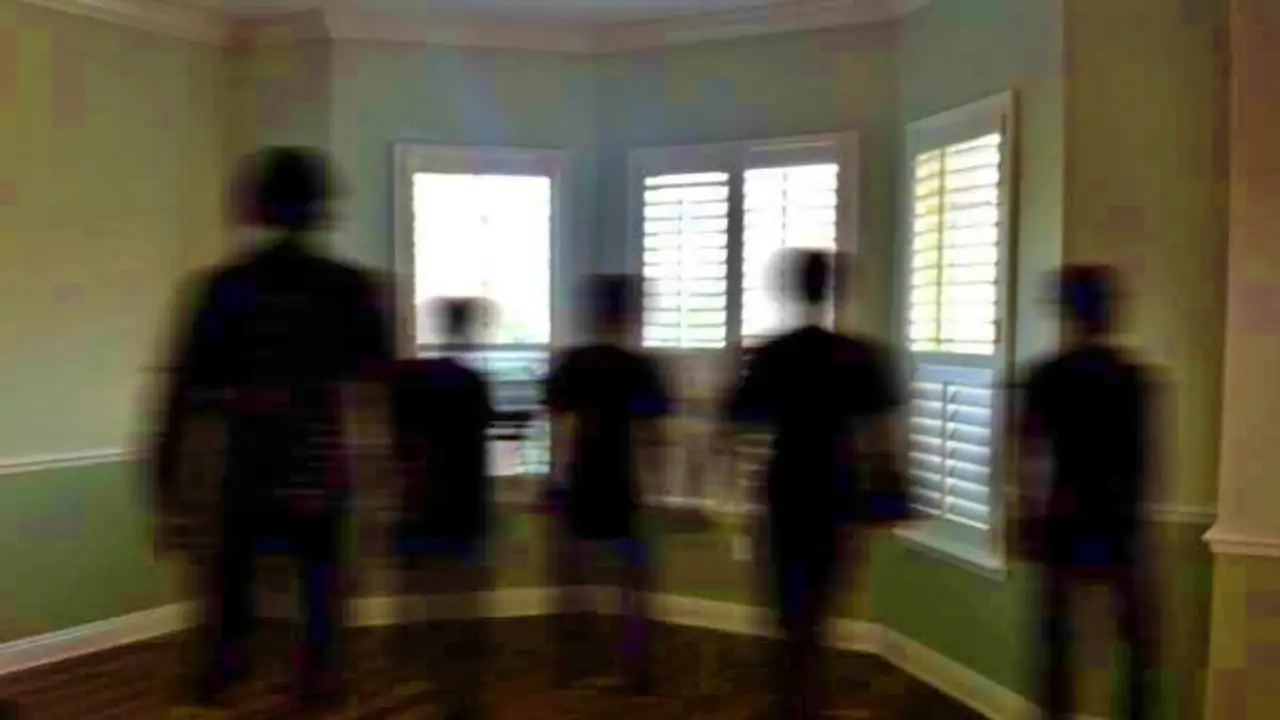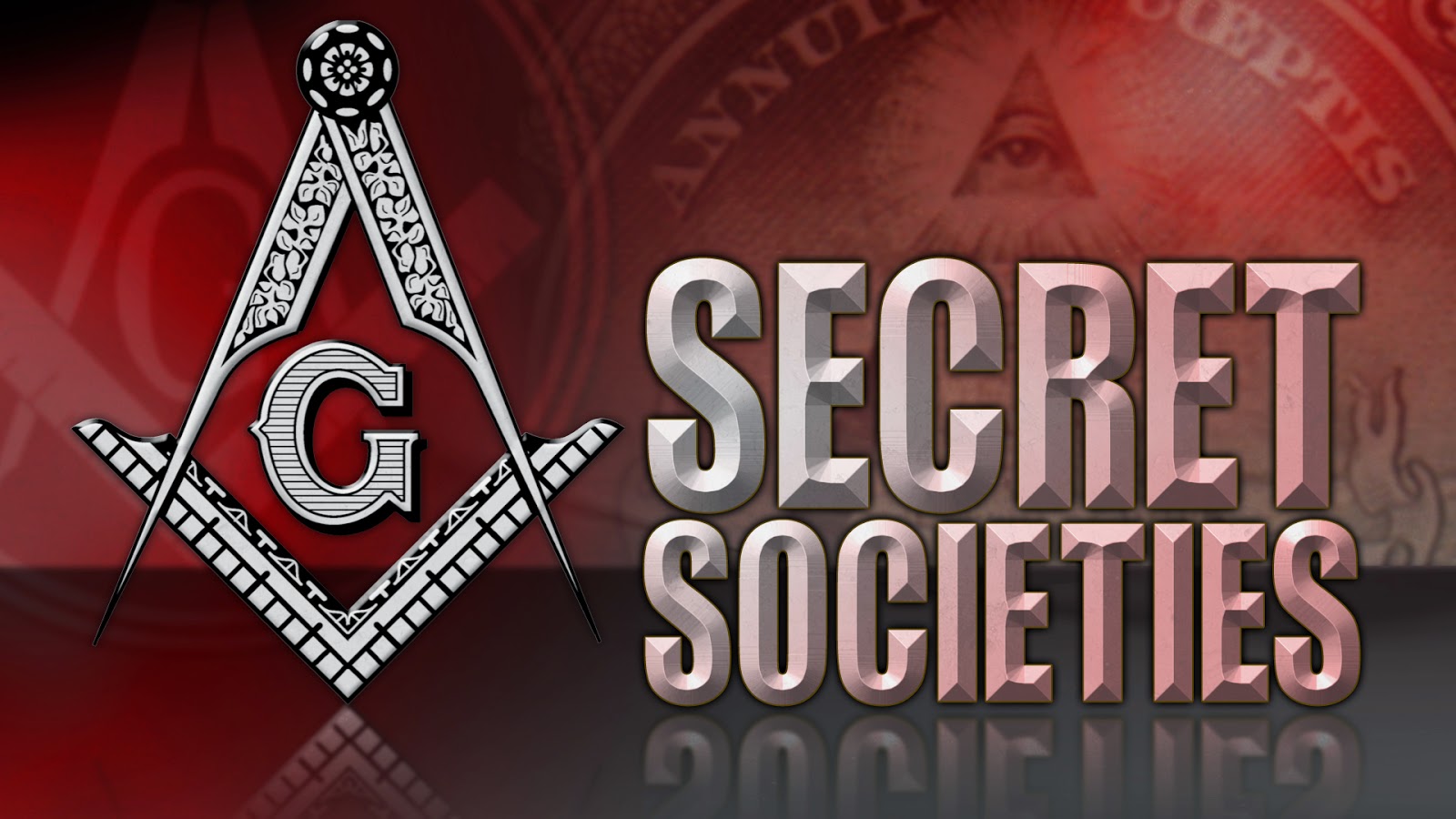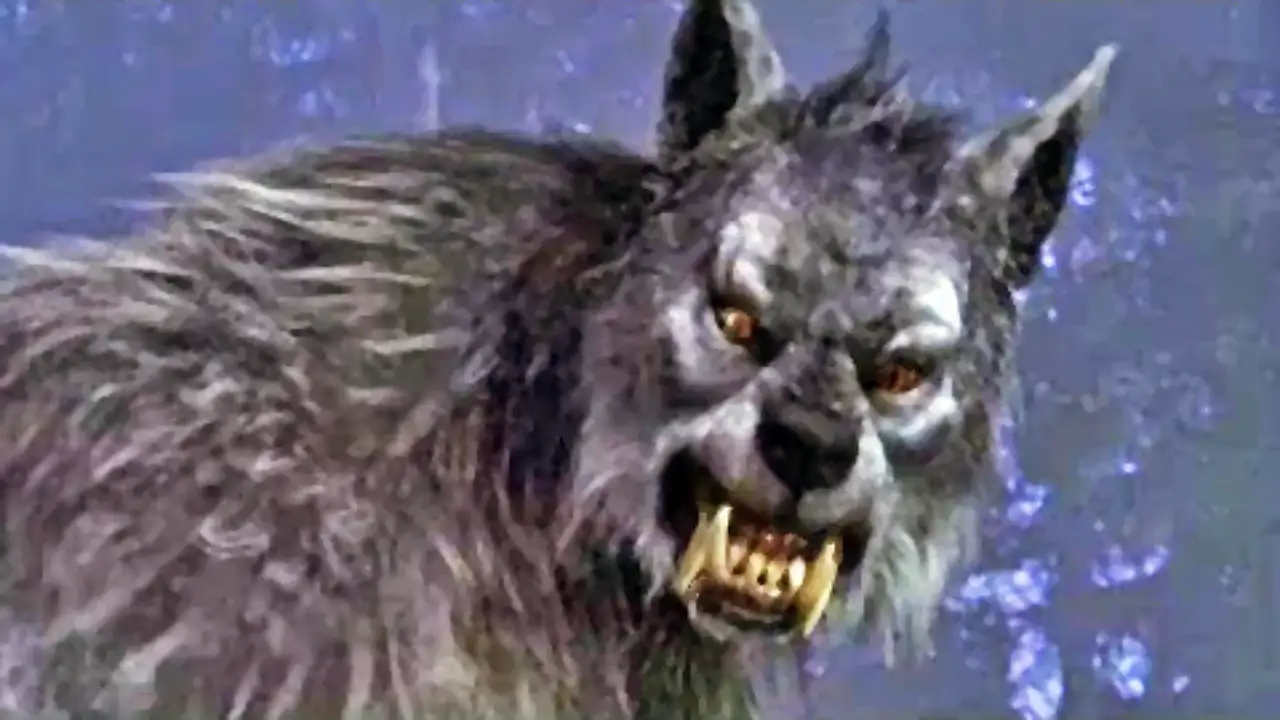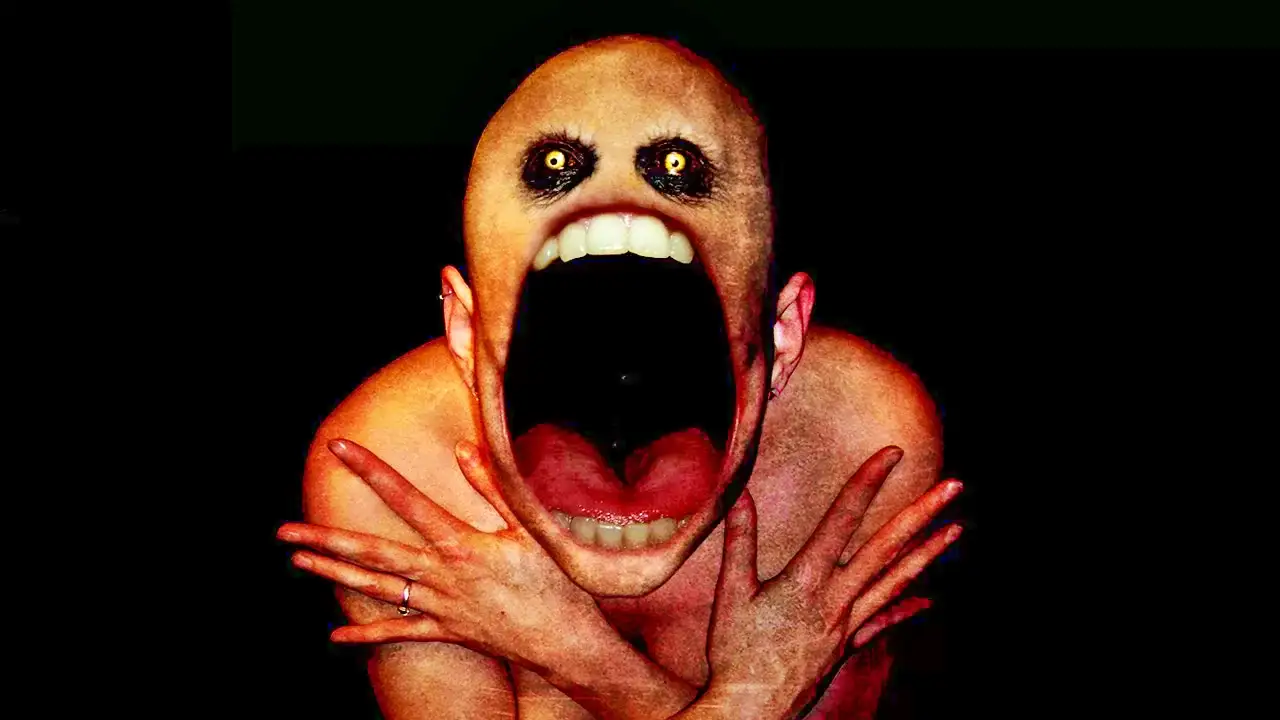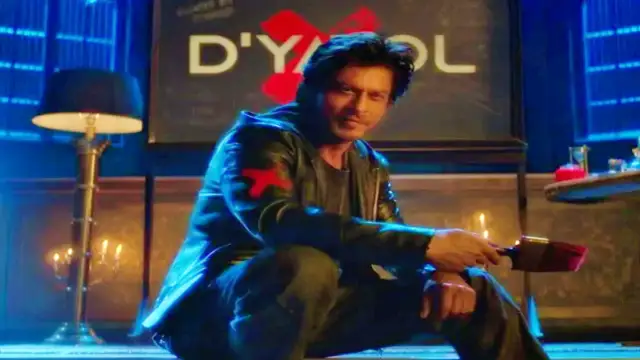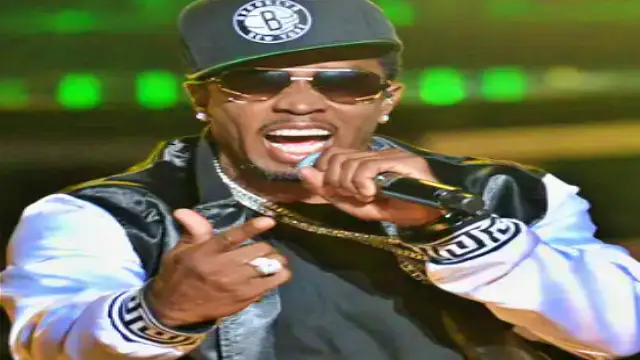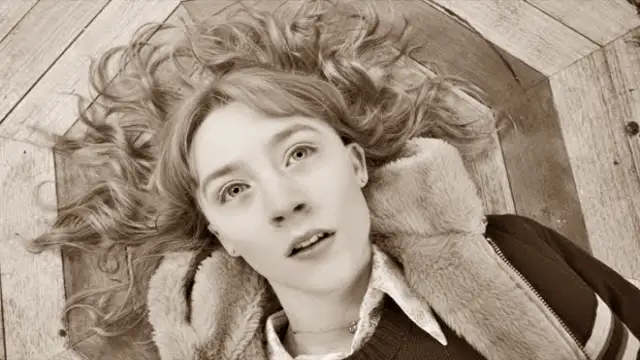Shane Black became synonymous, along with the likes of Joe Eszterhas and a handful of others, with an epoch of modern Hollywood history when a select breed of screenwriter started to pick up the paycheques and respect accorded to dependable hit-makers. That era petered out around the time of Black’s failed revision of The Last Action Hero (1993) and Eszterhas’ concurrent bomb Sliver. But Black staged a comeback as a full-blown auteur with 2005’s black comedy Kiss Kiss Bang Bang, a work that slowly gained a fervent cult following, and he was eventually granted his moment handling a franchise with the Marvel superhero entry Iron Man Three (2013). That film was a peculiarly frustrating work, as it was clear Black intended it as a tribute to the breed of action-comedy he had made his name with, like Lethal Weapon (1987) and the whole panoply of ‘80s genre film, but was constricted by contemporary mass-market niceties and the rigorous brand protection of the Marvel universe. The Nice Guys is another tribute to a bygone style, albeit one that predates Black’s Hollywood experience, a tough, grimy, cynical brand of filmmaking associated with the 1970s, and it feels in part like a bird flipped at the sanitary state of today’s big-budget product. Black, co-scripting here with Anthony Bagarozzi, sets his take in period, celebrating a time and place legendary for disreputable pep, with a mordant storyline quotes the corruption-fixated undertone of the era’s cinema, like Chinatown (1974) and All the President’s Men (1976), but plays it out as a mean farce punctuated with paeans to the era’s louche charm and unleashed id.
Black’s mission statement comes in a sarcastic pieta, as a teen (Ty Simpkins) steals his older brother’s porn mag to ogle the lovely form of erotic star Misty Mountains (Murielle Telio), only for a sports car to crash into his house and deposit the real woman at his feet in a mangled mockery of her pose in the magazine. Black’s eponymous heroes only loosely fill their allotted roles, as professional standover man Jackson Healy (Russell Crowe) and burgeoning alcoholic PI Holland March (Ryan Gosling) are flailing both as men and in their professions — lines of work usually associated with confident alpha masculinity. Even the genuinely tough and sturdy Jackson is dogged by lancing memories his former wife’s announcement that, “I’m fucking your dad,” and the feeling that somewhere along the line he went off on the wrong track, in spite of his recently being lionised as a hero following his intervention to stop a mad gunman in his tracks. Jackson and Holland’s paths intersect as the former is hired by Amelia Kuttner (Margaret Qualley) to fend off several men who are following her about town, and one of them happens to be Holland, who’s been hired by Misty’s mother (Lois Smith), who claims to have seen her daughter after her apparent death in the accident, and Amelia was one of the last people to have seen her. Jackson breaks Holland’s arm when he confronts him at his house, after Holland makes a few clumsy efforts to resist his onslaught. But soon Jackson is obligated to hire Holland after he’s roughed up himself by two goons (Keith David and Beau Knapp), and begins to comprehend this business is rather more fraught than his regular jobs, which usually involve smacking around some dimwit lech. Holland is naturally unimpressed by Jackson’s entreaty at first, but soon the two men are drawn into a battle with the armies of the night that entangles Misty’s death, Justice Department bigwig and Amelia’s mother Judith Kuttner (Kim Basinger), an investigation into a massive piece of fraud by Detroit’s car companies involving faulty catalytic converters, and the LA porn film scene. After besting the first wave of goons sent to give them trouble, the dyspeptic duo have to face down an evil superassassin known only as John Boy (Matt Bomer).
Black’s dedication to letting loose his scabrous instincts after keeping them so conspicuously on a leash for Iron Man Three provides much of the gamy, giddy pleasure here, in a film that consciously erases whatever borders there are between slapstick, black comedy, and straight-edged thriller. There’s an aspect of familiarity to the project in abstract, which happily annexes territory covered by Paul Thomas Anderson’s Boogie Nights (1997) and the Coen Brothers’ The Big Lebowski (1998), with some spiritual mojo pinched from Dazed and Confused‘s (1993) portrait of wayward ’70s youth, nods to The Big Sleep (1946), The Long Goodbye (1974), and Night Moves (1975) for referential cred, and wryly employing Basinger opposite Crowe for the first time since L.A. Confidential (1997) earned both their Orange County Noir stripes. Black avoids the estranged brand of anthropology-tinged meditation that made Paul Thomas Anderson’s foray in the same zone, Inherent Vice (2014), so singular and entrancing. And his real topic isn’t exploring the recent past’s impact on our own era’s viewpoints, or even the possibility of moral action in a corrupt world, but the question of how ageing professionals can weather and overcome professional burnout in a town that eats people up and spits them out casually — a theme a Hollywood screenwriter can easily comprehend. But The Nice Guys has an ornery streak that refuses to feel excessively derivative or retro-cute, and it reminded me often of John Landis’ very undervalued Into the Night (1985), a film which sustained a similarly oddball tone in contrasting urgent action with insomniac distraction. Black’s cast is wonderful and fire on all cylinders. Gosling provides an ingenious comedic foil to Crowe’s wearied gravitas, as Holland is often stewed, and not quite tuned in even when he isn’t drunk. Gosling’s performance, probably his best to date, sees his character moving through stages of fumbling empathy and charming pseudo-competence, climaxing beautifully with a full-bore Lou Costello imitation, in a moment when murder mystery cliché dovetails with matinee comedy.
Crowe is customarily good playing a character who suggests what happened to Mike Hammer after a few too many between-jobs beers and a messy divorce or two, barrel-chested but bewildered. Black delights in the inappropriate, as the writer-director who often works young characters into his films here provides a landscape of wised-up kids and teens constantly destabilising the adult characters who are themselves straining to comprehend a world the youngsters are rapidly evolving to inherit. Holland’s changeling daughter Holly (Angourie Rice) easily infiltrates the lascivious warrens of a porn king’s mansion as she plays new-age Nancy Drew, often outshining her father and his new compadre as they negotiate the conspiracy. Rice commits grand larceny on her scenes, managing the tricky task of playing a precocious youth with heroic reflexes whilst making sure she doesn’t merely come across like the screenwriters’ conceit. Holly nonetheless retains a youthful sincerity both Jackson and Holland have lost: Holland has been left emotionally frayed and near-useless by his wife’s death in a fire that destroyed his family’s home, whilst Jackson, who longs for the relative legitimacy and intellectual side of PI work, is rather too used to being the blunt, even murderous implement when faced with the beasts of LA’s neon jungle.
Much like its heroes, The Nice Guys comes so close to working superlatively that its failings niggle more irritatingly than they would in a movie with less potential. Black’s assaults on conventions of genre and tone, worked with the roguish mindset of a boy smiling angelically at his mother before running out to blow up bullfrogs, are deliberate but not always well-judged. As well-crafted The Nice Guys is on technical and filmic levels, Black lacks that lightness of touch that would allow someone like Robert Altman or Roman Polanski to pivot effortlessly between melancholia, clowning, and melodrama. His plot never quite coalesces sufficiently to both serve his purpose in reclaiming the sceptical chic of ‘70s pop culture and his intention of entertaining the audience with maximum efficiency. The ultimate stake of the plot, a porn film that exposes the central conspiracy whilst also exposing everything else, manages to be at once both just a touch too silly to justify Black’s desire to recall the can’t-win-don’t try aspect films like Night Moves conveyed so urgently, and also merely a variation on a modern screenwriting cliché, the one where the heroes racing the bad guys to get a crucial piece of evidence on the air to get the message out. The film’s staggered concluding scenes, perhaps inevitably, come across as clumsy and incomplete because of Black’s fragmenting aims. But all that doesn’t matter too much, as he’s busy examining the peculiar difference between naiveté and innocence, and the ever-guttering hope for redemption and recovery, something that Black, who’s been up, down, and back up the Hollywood totem pole, signals he truly feels.
Another issue with The Nice Guys is that it empties its bag of tricks well before it’s finished and then settles for repeating them—which again doesn’t matter too much because they’re awfully nice tricks. Some touches reach for zany surrealism but gild the lily, like hallucinations of a giant talking bee and Richard Nixon (don’t ask), and John Boy tossing a young girl through a plate glass window strains more than a tad to reinforce Black’s bad boy postures. More genuinely enriching are the little decorations of wit and cunning flitting through the filmgoer’s consciousness, like Judith revising a cheque for $10,000 down by a half after Holland ramblingly names a figure, or Holland glimpsed through a swimming pool side window chasing after enticing nymphs. Better still are the vignettes that lace together humour and unexpectedly substantial character touches, like Holland revealing a peculiar ailment to Jackson that seems at first a throwaway joke but which turns out to have tragically defined his life, or his inability to believe anything bad of Judith’s secretary-cum-enforcer Tally (Yaya DaCosta), hearing only the wing-beat of cherubs whenever he’s in her presence.
The film’s central set-piece, an early contender for the year’s best sustained piece of moviemaking entwined with dramaturgy, comes when its three heroes infiltrate a porn king’s party in search of Amelia, contending with wriggling Sapphic mermaids, porn-queen Indians, living sculptures, dead bodies, and the dangled, ever-distracting pleasures of the flesh and salves of the troubled mind. The orchestration of elements here, the music, the actors, the chains of events, the camera movements and edits, are brilliant expostulated whilst proffered with a peculiar rhythm, paying off with eruptions of jarring physical violence and deft comedy, including the balls-and-all tough guy match-up between Crowe and David I never knew I wanted to see. It’s the sort of sequence you know is a classic even whilst watching it. The Nice Guys doesn’t live up to it as a whole, but as the year goes on and reveals current Hollywood product getting ever more pixelated and redundant, the carbolic burn of this feels like a skin tonic.

